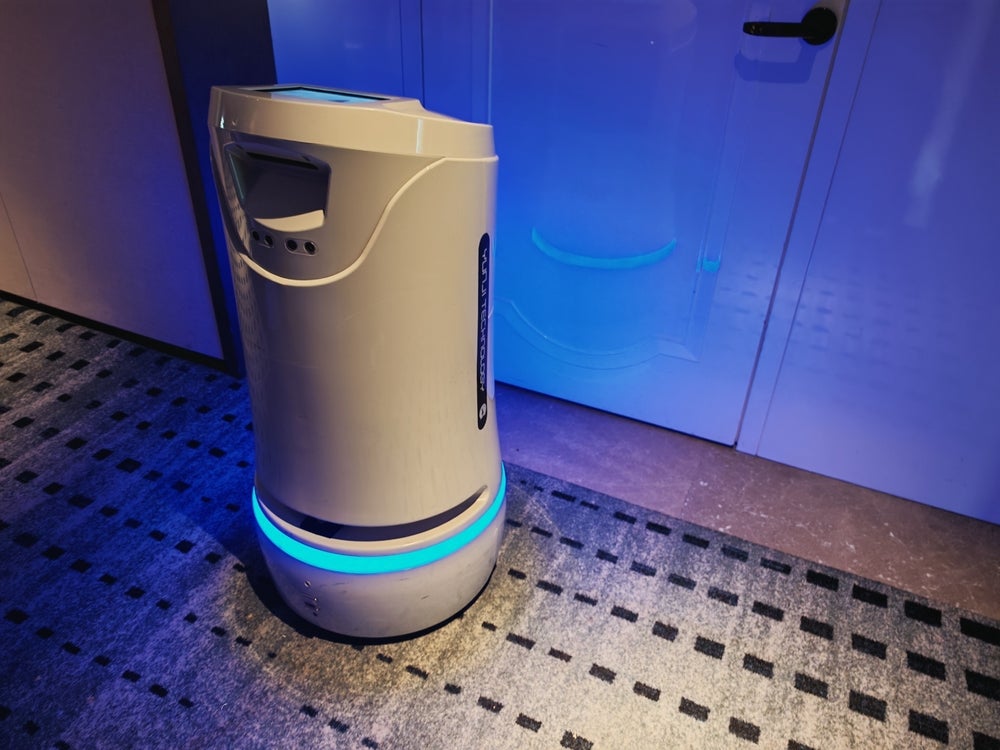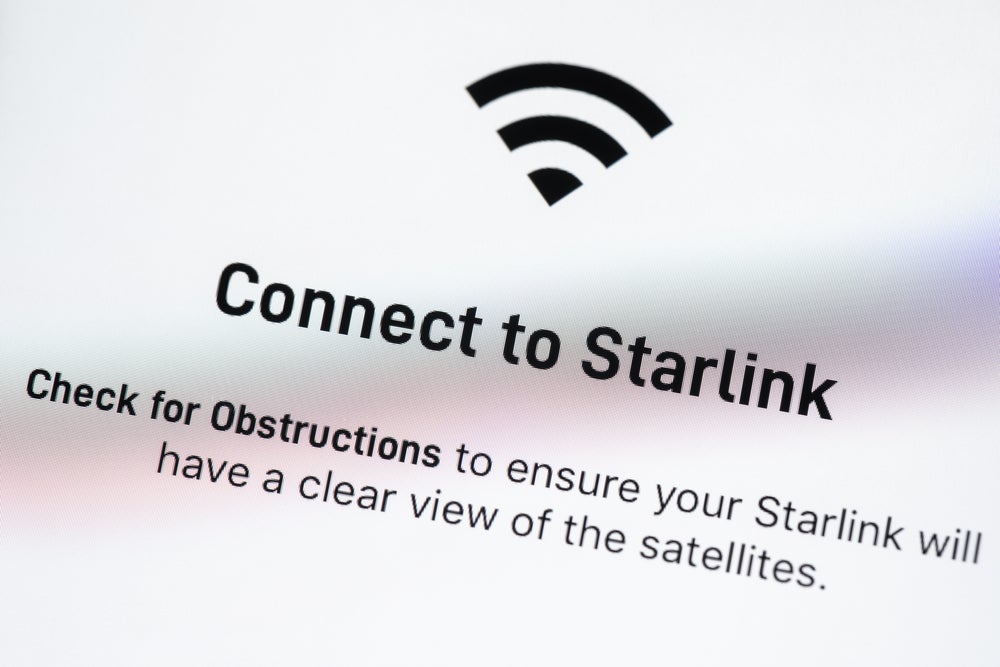
Olive oil producer Caroli has partnered with blockchain supply chain solution provider Blocksyte to put its extra virgin olive oil on the blockchain.
The company used Blocksyte’s application to add end-to-end blockchain traceability into its supply chain.
The technology was successfully used to track an olive oil shipment between Italy and the United States.
Blocksyte’s application was combined with Internet of Things (IoT) sensors that were placed on each pallet shipped, which allowed Caroli to track the location of their products throughout. The company was also given insight on temperature, humidity and light exposure throughout the journey. The sensors could also detect if any potential product tampering or mishandling occured.
This information was transmitted to Blocksyte’s tamper-proof, immutable blockchain record. This means that, once the information has been written to the blockchain, it cannot be altered.
Byy applying blockchain technology to its supply chain, Caroli was able to ensure that its olive oil was kept in optimal conditions throughout the journey. It also allowed the company to verify that its produce wasn’t being mishandled by those involved in the shipping process that would otherwise be difficult to monitor.
“This ensures that our customers can be confident that they are paying for and receiving a premium product, which has been tracked from the bottling source,” Ben D’Antico, co-founder and CEO of Caroli USA, said.
From field to fork on the olive oil blockchain
The blockchain is currently used to track produce from Caroli’s production facility in Italy to warehouses in the US. However, Caroli and Blocksyte plan to extend this blockchain traceability from Caroli’s estate in Martina Franca, Taranto, Italy, all the way to retailers in the US.
The company also plans to open up the blockchain record to its customers. Customers will be able to scan a code on a bottle of Caroli olive oil and see exactly where and when it was picked and shipped.
“We applaud Caroli for its forward-looking approach to introducing Blocksyte’s blockchain traceability into its supply chain,” Alan Pelz-Sharpe, Blocksyte CEO and co-founder said. “We look forward to expanding our relationship with the company as it increases its shipments to a growing clientele here in the US.”
Blockchain technology: Keeping your food fresh
Blockchain technology is increasingly being used to ensure that consumers receive high quality food.
In September 2018, US retailer Walmart announced the Walmart Food Traceability Initiative, which will require all of its supplies of fresh greens to keep track of its supply chain data using IBM’s blockchain-enabled Food Trust solution. The solution will provide insight into a product’s movement, temperature data, test data, and certifications.
Blockchain has also previously been used to track the supply chain of everything from tuna, to coffee, to beef.
It is hoped that applying blockchain technology to food supply chains will help to improve food safety and freshness, and help to reduce waste, leading to increased food sustainability.







